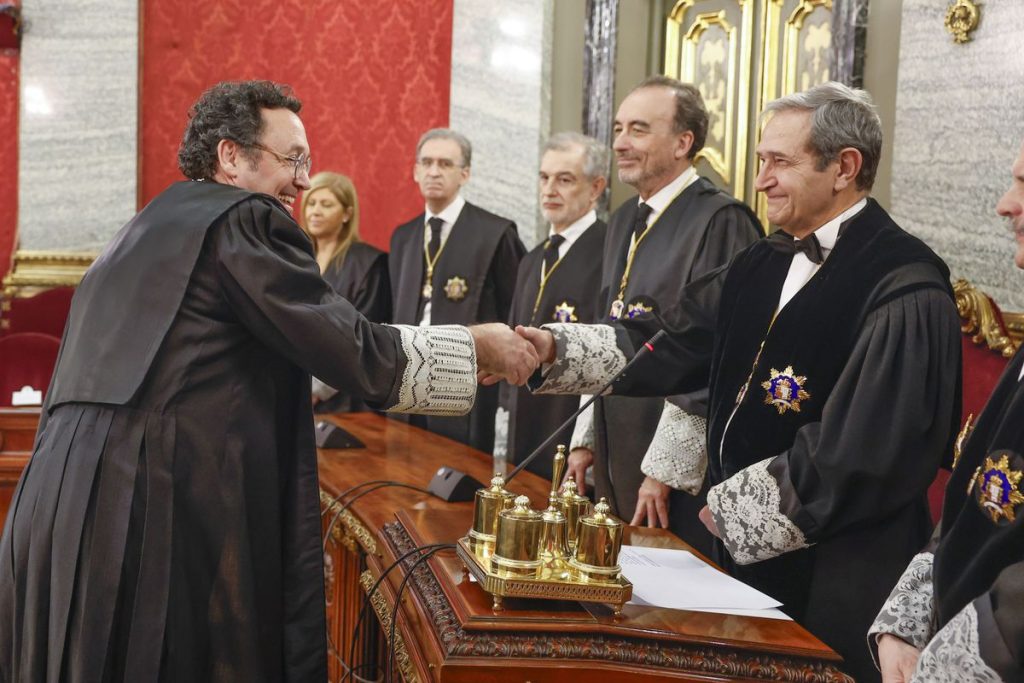The General Prosecutor’s Office will not prepare the report on the amnesty bill requested by the Senate on December 5th. The Attorney General, Álvaro García Ortiz, informed the President of the Senate, Pedro Rollán, in a letter stating that the Council of Prosecutors does not have the authority to provide an opinion on a bill. The Attorney General acknowledges that institutional cooperation would allow the Prosecutor’s Office to prepare the report, but states that it is not possible in this case as it would disrupt the normal functioning of the institution and encroach on the responsibilities of prosecutors handling cases related to the independence movement when it reaches the courts.
The issue of the amnesty report has sparked conflict between the Attorney General and the more conservative faction of the prosecutors’ office. The Organic Statute of the Public Ministry allows the Council of Prosecutors to provide opinions on bills or regulations affecting the structure, organization, and functions of the Public Ministry. However, this provision does not apply to bills, which is the form in which the amnesty for the Catalan independence leaders is being processed. The CGPJ and the conservative sector of the prosecutors’ office, opposed to the measure, called for their opinion to be considered, finding support from the PP and its majority in the Senate.
On December 5th, the Senate requested a report from the Council of Judges and another from the Council of Prosecutors. The CGPJ quickly appointed two members to prepare their report, which is currently being worked on. Despite pressure from some prosecutors for a prompt response, García Ortiz stated that he would not comment until formally assuming office, a process that was postponed until after the holidays and finally took place on a Wednesday. The Association of Prosecutors, the majority and conservative-leaning organization, criticized García Ortiz for not convening the Council of Prosecutors to prepare the report, a protest supported by the Independent Association of Prosecutors (APIF). Together, these groups hold the majority on the Council of Prosecutors and aimed to produce a report against the amnesty.
The response to the Senate’s request was the first task García Ortiz addressed on his official first day in office, but it contradicted the Senate’s request. In his letter, he explained that the Council of Prosecutors’ preparation of reports on bills is not legally provided for, citing Constitutional Court rulings on the different treatment of bills and propositions in terms of consultative functions of the Council of Prosecutors and the CGPJ. Despite acknowledging that the Prosecution could prepare such a report, García Ortiz deemed it inadvisable due to the unity of criteria that must be established once the amnesty bill comes into effect and is applied in the courts.
The Prosecutor General concluded by stating his intention not to exceed his legal functions, despite the desire for collaboration between institutions. He emphasized the importance of compliance with the General Prosecutor’s Office Circulars and Instructions, which are binding for all members of the institution. García Ortiz’s response indicates the complexities and disagreements surrounding the amnesty bill and the role of the Prosecutor’s Office in this controversial issue.


